EVE Online: The Politics
The unpopular vote.
If it's the job of soldiers to fight wars, then it's the job of politicians to start them. EVE Online has no shortage of leaders and demagogues in its ranks, particularly among the ranks of the player-driven alliances. One of CCP's biggest achievements in designing EVE Online was to give the players free reign in running their own affairs. Corporations recruit as they see fit, and set allies and enemies as they see fit. Everything is decided by the leaders of the player corporations - who to trust, who to declare an enemy, who make peace with, and what part of the galaxy to call home. They even get to set their own tax rates.
While EVE does now allow people to fight against the fictional backdrop of its NPC factions - the faction war features of the recent Empyrean Age expansion - it was always based on the notion that the players - given enough room to do so - would end up finding their own use for the universe. This use, usually, meant war.
What CCP realised in building EVE Online was that to genuinely make the most of the "massively" part of "massively multiplayer" they had to put player-interaction at the top of agenda. This wasn't a game about banding together to defeat monster X, it was about banding together to defeat other players. And why do this? For the riches. Players plus resources, plus more players, equals conflict. That's the basic mathematics that powers EVE Online. And it's been working for over five years now.

Once groups of players began to form, so we started to see the local politics emerging. Leaders became personalities, love and loathed, and people voted with their firepower: attacking this alliance, or supporting that one. Some people banded together over friendships, others over national bonds (there are Hungarian, Russian, and Finnish speaking corporations, as well as countless other nationalities). Over the years alliances have risen and fallen, but as time has progressed it's become clear that all roads in EVE lead to something like the Roman Empire. What the game supports leads inexorably to a kind of advanced feudal system. Even if the alliances are democratically led, they end up being big power blocs based on military might.
The most high-profile instance of this has been in the rivalries that defined the last two years of war in EVE, between Band of Brothers and The RedSwarm Federation. An early war between the Goons, who hearken from the Something Awful forums, and the Band Of Brothers (an old and grumpy power within EVE Online) led to an alliance between Something Awful's teeming hordes and the precise, patient empire building of the Russian-speaking Red Alliance. Both the Brothers and the RedSwarm began to capture vast amounts of space and - with that space being beyond the capacity of their armies to control or exploit directly - they began to install allies and vassals in the space. It's a model quite like that of the Roman Empire, which installed Roman governors over local governments in their vast, conquered regions. The Roman armies might have all been off in Germany, but there was no reason why the Empire couldn't enjoy the riches of occupying Gaul - and so it is in EVE.



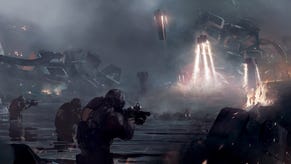
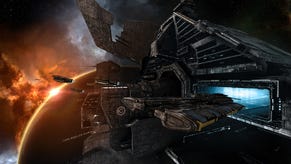

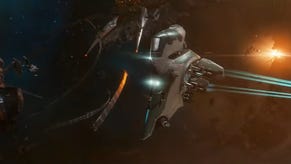
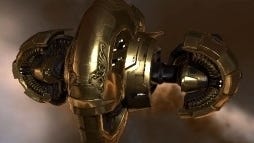
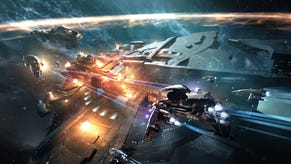

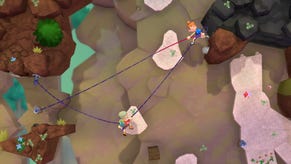






.jpg?width=291&height=164&fit=crop&quality=80&format=jpg&auto=webp)